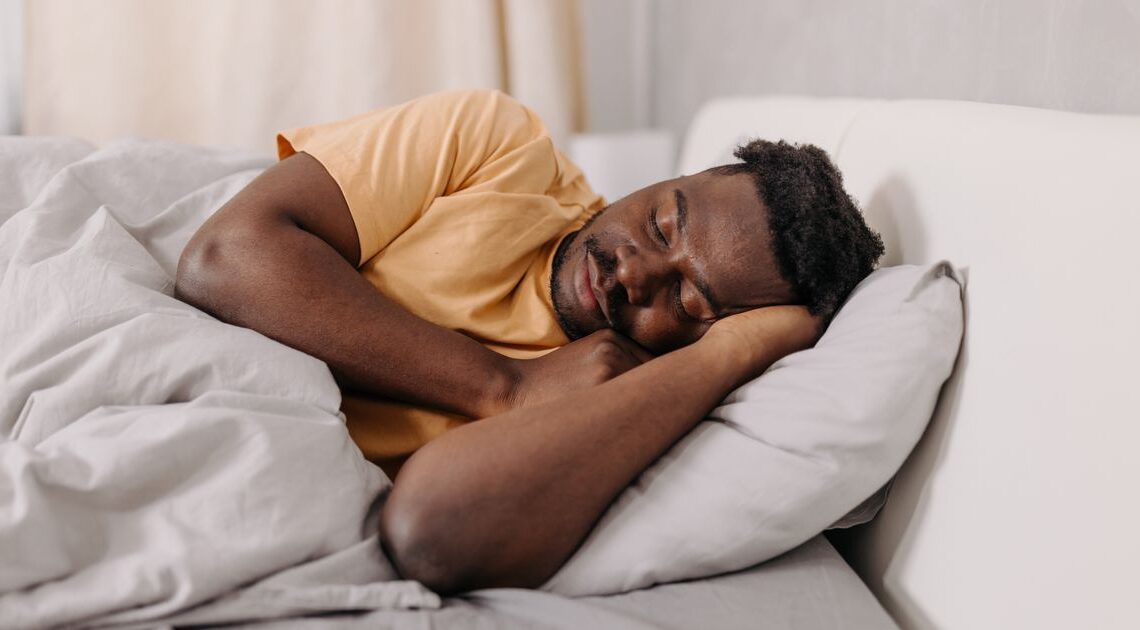Sleep hygiene tips are all around us, and let’s be real: Many of them are ones that we (or at least I) don’t want to hear or don’t always find to be true.
I mean, advice about avoiding screens in bed? My TikTok obsession and I beg to differ. No naps? I’m not sure I can get through each day without one — and I’m still tired enough to sleep at night.
So when it comes to common sleep advice, can we just ignore some of it? In short, yes. Ahead, sleep experts share their hot takes on suggestions that don’t deserve the hype they often receive:
1. Avoiding blue light from screens will help you fall asleep.
To be fair, this one is sort of half-true.
“It is technically true that blue light emitted by smartphones, tablets, computers and other screens can interfere with the body’s production of the sleep hormone melatonin,” said Dan Gartenberg, a sleep health adviser to CPAP.com. “That said, this issue is more nuanced than simply avoiding screens altogether.”
The actual “problem” here isn’t the light itself.
“Multiple studies have shown that the impact of blue light has a minimal effect on sleep,” said Theresa Schnorbach, a psychologist, sleep scientist and sleep expert at the company Emma. “More concerning is how much of the activity we engage with on these devices.”
In particular, this concerns the dopamine hits and lost time caused by social media or games.
Gartenberg has seen similar studies, and also said these found that sleep health is more negatively impacted by stress than blue light exposure or screen time alone.
In fact, screen time isn’t necessarily all bad. Some “safe” and even “good” forms, according to Schnorbach, include reading an e-book or listening to a calming podcast, music or ASMR audio (which can induce an autonomous sensory meridian response in listeners).
Gartenberg agreed. “For example, reading a book on a tablet with a dimmed screen may have less of an impact than playing a stimulating video game or…
Read the full article here





